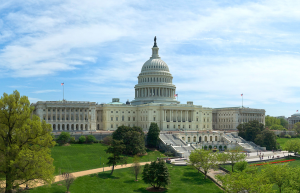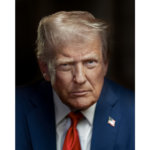
In the wake of the recently disclosed breach of some federal and private sector networks likely by a Russian intelligence organization, the U.S. government needs to mandate that private sector entities whose networks have been breached notify the government of an incident, executives from Microsoft [MSFT] and FireEye [FEYE] said on Tuesday. Current information about cyber hacks and breaches is “too often” siloed within the government and the private sector, said Brad Smith, president of Microsoft. The information “doesn’t come…

 By
By 











